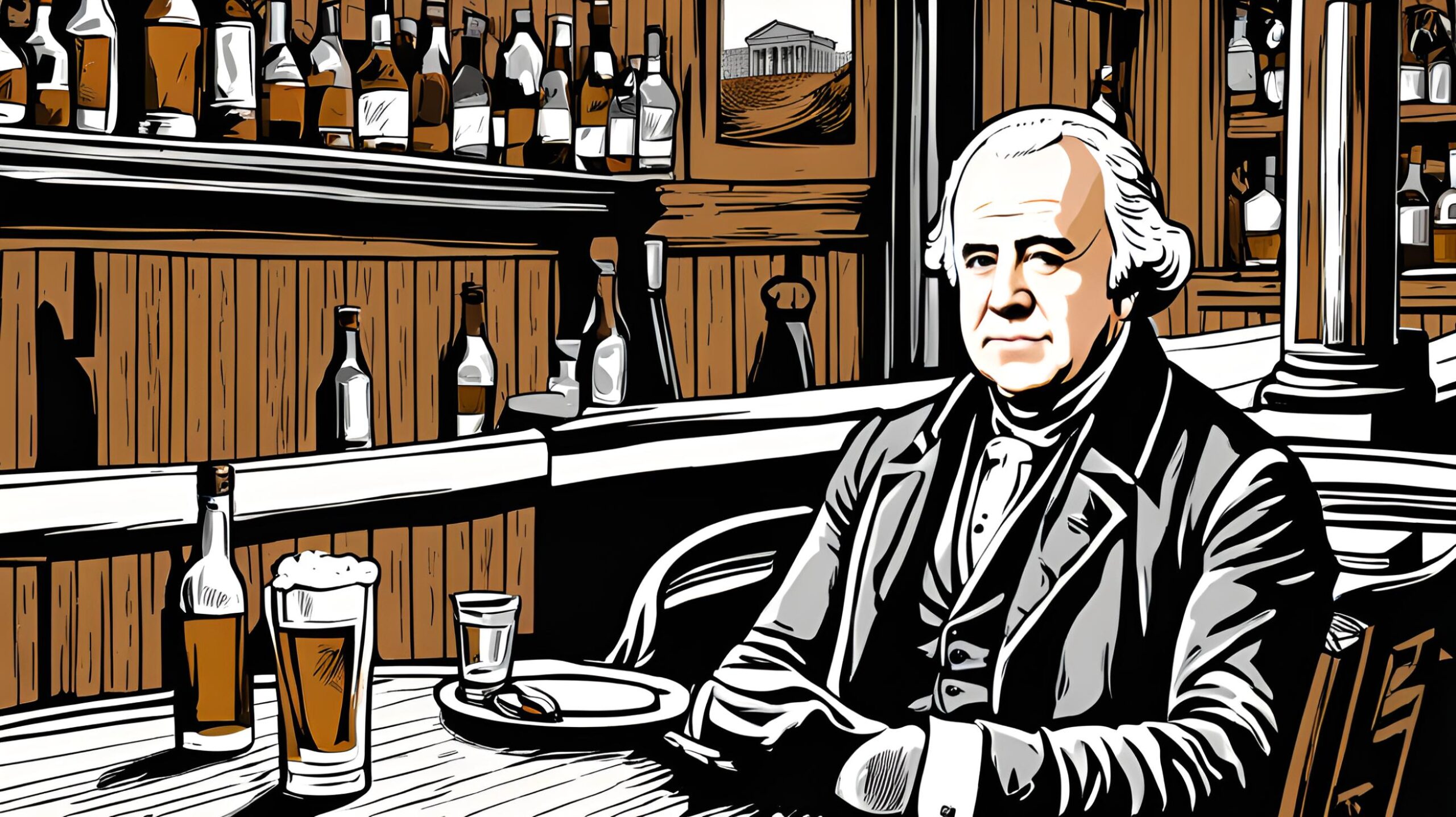Flashback to June 3
American History

On June 2, 1851, the state of Maine took a significant step towards temperance by enacting the first alcohol prohibition law in the United States. This historic event marked the beginning of a nationwide movement to address the negative impact of alcohol consumption on individuals and society.
The passing of this law in Maine was a response to the growing concern about the harmful effects of alcohol abuse. Supporters of the prohibition believed that by eliminating the availability of alcohol, they could reduce crime, poverty, and other social problems associated with excessive drinking.
The law, known as “An Act for the Suppression of Drinking Houses and Tippling Shops,” made it illegal to sell or manufacture alcoholic beverages within the state’s borders. Violators would face fines and possible imprisonment, with repeat offenders facing more severe penalties.
While the prohibition law in Maine was the first of its kind in the United States, it certainly wasn’t the last. Inspired by the success of Maine’s legislation, other states began to follow suit, leading to a national movement towards alcohol prohibition that culminated in the 18th Amendment to the United States Constitution in 1919.
Prohibition had both supporters and critics. Proponents argued that it would improve public health, reduce crime rates, and increase productivity. They believed that by eliminating the availability of alcohol, they could create a more moral and prosperous society.
On the other hand, critics of prohibition raised concerns about its unintended consequences. They argued that it would lead to the rise of organized crime, as the black market for alcohol would flourish. Additionally, some believed that the government should not have the power to legislate personal choices such as drinking alcohol.
Despite the opposing viewpoints, the enactment of Maine’s prohibition law paved the way for significant social change in the United States. The idea of temperance and the eradication of alcohol consumption gained substantial traction, leading to the formation of various temperance societies and advocacy groups throughout the country.
The Woman’s Christian Temperance Union (WCTU), founded in 1873, became one of the most influential organizations advocating for prohibition. Led by women who believed that alcohol was a root cause of social problems, the WCTU played a crucial role in advancing the cause of temperance and female suffrage.
The impact of the prohibition movement extended far beyond Maine. By 1916, about half of the states in the United States had enacted their own prohibition laws. This groundswell of support eventually led to the ratification of the 18th Amendment, which declared the production, sale, and transportation of alcoholic beverages illegal throughout the nation.
Prohibition in the United States lasted for nearly 14 years, from 1920 to 1933. However, the noble goals of the movement did not come to fruition. Instead of eliminating societal problems, prohibition gave rise to an underground economy and a surge in organized crime, as bootleggers and speakeasies emerged to meet the demand for alcohol.
Ultimately, the failure of prohibition to achieve its intended outcomes, coupled with the economic impact of the Great Depression, led to the repeal of the 18th Amendment with the ratification of the 21st Amendment in 1933.
Although the prohibition era is remembered as a tumultuous and divisive time in American history, it cannot be denied that it brought attention to the issue of excessive alcohol consumption. The movement ignited by Maine’s enactment of the first alcohol prohibition law paved the way for more comprehensive social and health reforms, leading to greater awareness and understanding of the impact of alcohol on individuals and society.
The legacy of Maine’s prohibition law lives on in the ongoing efforts to promote responsible drinking and combat alcohol abuse. While outright prohibition may not be the solution, it serves as a reminder that the responsible consumption of alcohol is vital for the well-being and safety of individuals and communities.
We strive for accuracy. If you see something that doesn't look right, click here to contact us!
Sponsored Content

President John Adams takes…
On June 3, 1800,…

Liberty Life Insurance Company…
"The Liberty Life Insurance…

